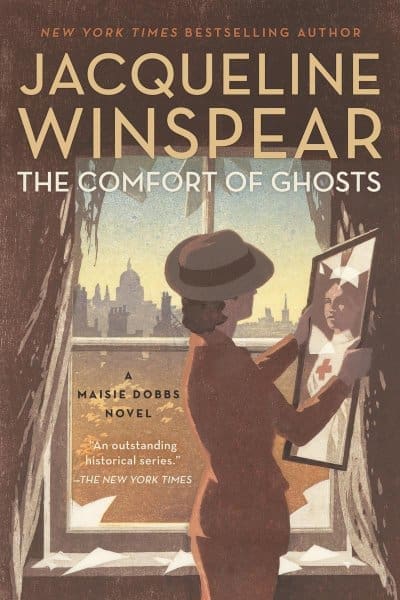Barbara Peters, owner of The Poisoned Pen, welcomed Jacqueline Winspear to talk about her final Maisie Dobbs mystery, The Comfort of Ghosts. Winspear has appeared at The Poisoned Pen for all her books, including the first one, since 2003 with just a break for COVID. You can order a signed copy of The Comfort of Ghosts through the Webstore. https://bit.ly/3X9Hfye.
Here’s the description of The Comfort of Ghosts.
The Comfort of Ghosts completes Jacqueline Winspear’s ground-breaking and internationally bestselling series.
“An outstanding historical series.”—The New York Times
“Winspear is a brilliant writer, mixing the history and the mystery with the psychology of criminals and victims.”—The Historical Novel Society
Psychologist and investigator Maisie Dobbs unravels a profound mystery from her past in a war-torn nation grappling with its future.
London, 1945: Four adolescent orphans with a dark wartime history are squatting in a vacant Belgravia mansion—the owners having fled London under heavy Luftwaffe bombing. Psychologist and Investigator Maisie Dobbs visits the mansion on behalf of the owners and discovers that a demobilized soldier, gravely ill and reeling from his experiences overseas, has taken shelter with the group.
Maisie’s quest to bring comfort to the youngsters and the ailing soldier brings to light a decades-old mystery concerning Maisie’s first husband, James Compton, who was killed while piloting an experimental fighter aircraft. As Maisie unravels the threads of her dead husband’s life, she is forced to examine her own painful past and question beliefs she has always accepted as true.
The award-winning Maisie Dobbs series has garnered hundreds of thousands of followers, readers drawn to a woman who is of her time, yet familiar in ours—and who inspires with her resilience and capacity for endurance. This final assignment of her own choosing not only opens a new future for Maisie and her family, but serves as a fascinating portrayal of the challenges facing the people of Britain at the close of the Second World War.
Jacqueline Winspear is the author of eighteen novels in the award-winning, New York Times, national and international bestselling series featuring psychologist-investigator Maisie Dobbs. In addition, Jacqueline’s 2023 nonseries novel, The White Lady, was a New York Times and national bestseller, and her 2014 WWI novel, The Care and Management of Lies, was again a New York Times and national bestseller, as well as a Dayton Literary Peace Prize finalist. Jacqueline has also published two nonfiction books, What Would Maisie Do? and an Edgar-nominated memoir, This Time Next Year We’ll Be Laughing.
Peters shared this letter from Jacqueline Winspear the day of The Poisoned Pen’s event.
Dear Maisie,
I think I’ve earned the privilege of first name terms after twenty-four years together. You certainly changed my life, the day you walked into my imagination while I was stuck in traffic. It never rains in California, it pours, and it was coming down in buckets on that February day in 2000. You must have known I am something of a daydreamer, though as I saw you in my mind’s eye, I felt like one of those buses with a long wire attached to the power lines above—I even felt the shot of electric energy when you presented yourself to me, and as you well know I’ve referred to it as my “moment of artistic grace.” But you already knew that the history of women of your generation—and let’s face it, you blazed a trail in Britain—had fascinated me since childhood. I remember those ladies of a certain age who lived in our small rural community—there was “Miss this” and “Miss that” and for each one there was a sepia photograph in pride of place on the mantelpiece, of a young man lost to war—my grandfather’s war. Were you keeping an eye on me even then, wondering if I might grow up to become the writer of your story?
On that fateful day (and did you hear that guy yell at me in traffic? “Hey lady, are you waiting for any particular shade of green?”) by the time I reached the office, I had your whole story in my head, and even though I had not written a word of fiction since childhood—sorry, but the personal essay was the love of my literary life—I sat down at my computer as soon as I arrived home that evening and began to write the novel that became Maisie Dobbs. I didn’t even take off my coat, and Sally—my lovely black Labrador—was staring at me, clearly wondering if we would ever get out for her walk. Sal and her successor, Maya, became my writing buddies, sitting under my desk as I wrote one novel after another about your life, about war and about what it means to the soul to see death of a terrible kind.
But a woman has to earn a living, and I know you were disappointed when I landed the new job demanding long days and tons of travel. Some years earlier I had given up more lucrative employment to have time to write—and “sales executive” was the best way to go, because I could wrangle my time and finish early. That role wasn’t well paid, and it came home to roost—I wasn’t getting any younger, had no retirement savings and my car was breaking down. With the new job I had the company car, an expense account, healthcare coverage and a decent salary for the first time in years—but did you really have to take such brutal steps to get me back on track?
It was such a lovely May morning wasn’t it? Sunny and fresh, so fresh that when you kicked my horse he bucked like crazy with all that joyous springtime energy. Even as I was flying through the air I knew why it was happening—and it’s true what they say, when you’re in a bad accident, time slows down. You were in my thoughts before I hit the ground, sustaining that spiral break on my humerus (not very funny at all), crushing my shoulder, fracturing my scapula and yes, breaking my nose. I remember thinking, “It’s because I gave up Maisie Dobbs for a 401K.” Mind you, even though I’d only been in the job two weeks, I’d earned enough to pay off Sally’s vet bills—those tick-borne diseases can be a killer!
Languishing at home with my arm in scaffolding, I knew I had to leave that job, that I had made a huge error, so I resigned. I remember in my mandatory exit interview, when the head of Human Resources said to me, “You know, people don’t usually give up disability income—I don’t know why you had that accident, but I believe it will lead to something quite amazing for you.” Did you give her those words to cheer me on because I was broke in every sense of the word? I bet you had a hand in it.
Maisie, over the years you have woken me at night, insisting “Write this part, now.” And Maurice Blanche, my goodness, what a nag, nudging me on to tell his side of the story, and there’s Billy Beale and Priscilla—you sent them all to encourage me, to tease me and to add to the stories I told in your name, and you knew my research would often break my heart. You became part of my years in such a massive way, with every book heralding a milestone in my life. I’m so glad Elegy for Eddie was published in the year Dad died. You see, the cover reminded him of his childhood, when horses were still hard at work and once you’d crossed into South London or the East End, you hardly saw a car for the horses and carts. I was writing Leaving Everything Most Loved at the time—that was hard on both of us, wasn’t it? I remember weeping after my father died, wishing I’d called the novel “Staying Here and Not Going Anywhere.”
Telling your story has taken us on many travels. We’ve walked the WW1 battlefields of the Somme and Ypres—sorry I had to take you back there. We’ve spent hours in London’s Imperial War Museum, often after pounding the capital’s streets together, and we’ve motored the byways of my childhood. My parents tramped across the windswept beach at Dungeness in Kent with me, when I was crafting the life of the wartime artist you pressed me to write about for Messenger of Truth—poor man was so wounded by war, I could hardly pen his story. You took me to Spain and Gibraltar so I could imagine you there during the Civil War, and then to Munich just before WW2. How we made it through reflecting upon the Blitz together, I don’t know, because delving into the ashes of any conflict is not for the faint of heart. Now we have reached the end of our journey. We both knew it was coming. You understood it was important for me to heed that call, to stop when the arc of your all-encompassing story was complete.
I wish you well, Maisie Dobbs. You touched my heart and you changed my life. I’m off to Berlin later this year. Someone else has walked into my imagination, and I thought I’d better get on with the story, because I now have two horses to care for, one a war horse rescued from Ukraine. He’s still alert to an incoming attack, so I’m careful, not least because along with metal in my right arm and shoulder, there’s that five inch scar, a daily reminder of the last time I stalled in the writing of a woman’s story.
Farewell, Maisie my friend—and with all my love.
Jacqueline
Enjoy Winspear’s event for the conclusion of the Maisie Dobbs series. (The video made me cry as Winspear discussed the villages who lost so many all on one day during World War I.)

